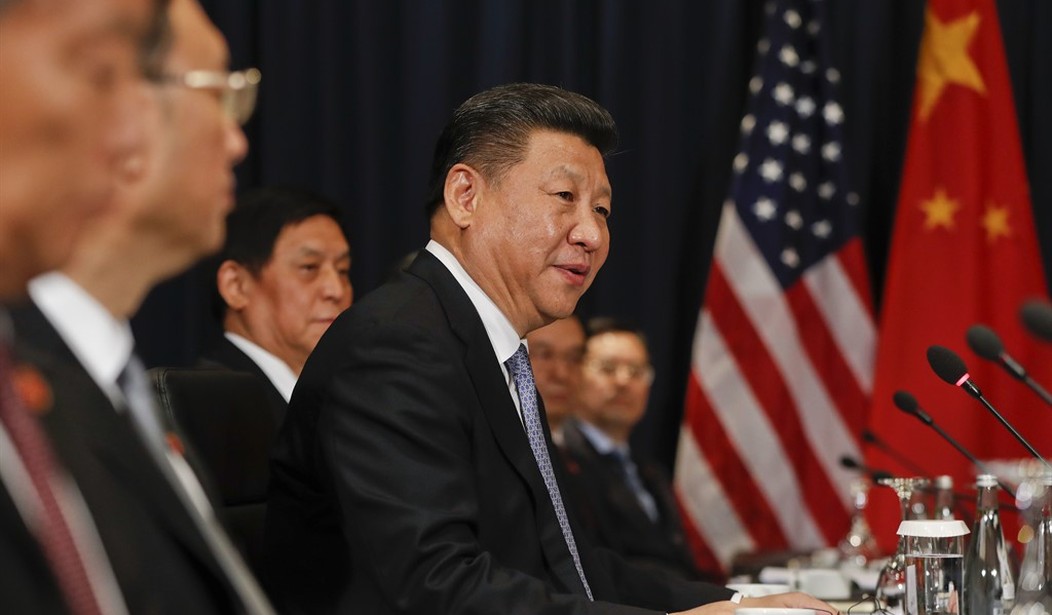It appears that our intelligence agencies - from the CIA to its sister agencies in the national security space - are struggling to get eyes in China and maintain an active spy network.
The new details of just how blind U.S. intelligence is flying when it comes to China were part of a stunning and in-depth report from the Wall Street Journal on Tuesday. If the details in the report are accurate (and there is no reason to believe they are not), then it shows that the U.S. is almost completely in the dark when it comes to the motivations of Chinese leader Xi Jinping and his party government.
According to the reporting from the WSJ, we've been flying blind since a number of spies were rounded up and killed by the Chinese government between 2010 and 2012. In all, it appears the U.S. lost about 30 assets in China as a result of this purge, and that had some severe ramifications for American intelligence interests. We're now doing the best we can in dealing with the growing Chinese threat, but we're doing so through limited monitoring and a lot of guesswork.
The U.S. government has never publicly acknowledged the loss of its Chinese agents between 2010 and 2012.
Today, U.S. spy satellites closely monitor China’s military deployments and modernization plans, while cyber and eavesdropping tools scoop up vast swaths of Chinese communications. Beyond that, U.S. knowledge of Xi’s plans comes mostly from inference and from parsing his frequent public statements, officials said.
China is a much tougher intelligence target than it was a decade ago, when the agents were lost. Xi’s security-first state employs Orwellian surveillance systems that vastly complicate spy operations inside the country. And U.S. intelligence must track China’s progress in fields as disparate as artificial intelligence and synthetic biology.
The two countries have clashed over American technology restrictions, military maneuvers at sea and in the skies, and Russia’s invasion of Ukraine. China’s weaknesses, notably slowing economic growth and a shrinking population, are another wild card in assessing its future course.
What's more, we still don't know what happened that compromised those assets. We know that Beijing "exploited a loophole," but we don't know what it is. Interestingly, there is speculation that Hunter Biden may have been in some way involved, according to RedState's own reporting on the subject.
READ MORE: Are Hunter Biden's China Travels With Michael Lin Related to the Loss of 30 CIA Assets?
Even more worrisome, however, is the fact that we knew about what Xi Jinping's goals were and how he was going to be aggressively taking power in the run-up to his actually becoming Chinese President. And yet, as the WSJ report shows, his impact on China (and global affairs) was minimized or ignored by the then-Obama administration, and in subsequent administrations, there was a hope that China would "liberalize" and become a more global entity, rather than remain deeply nationalistic.
The result is a potentially-ascendent geopolitical foe that the U.S. has little actionable intelligence on, and that should be of grave concern to all of us. While the CIA has been shuffling money and resources around to put a greater focus on China, Xi Jinping's "Orwellian" surveillance state makes it incredibly difficult to get anything, much less develop assets.













Join the conversation as a VIP Member